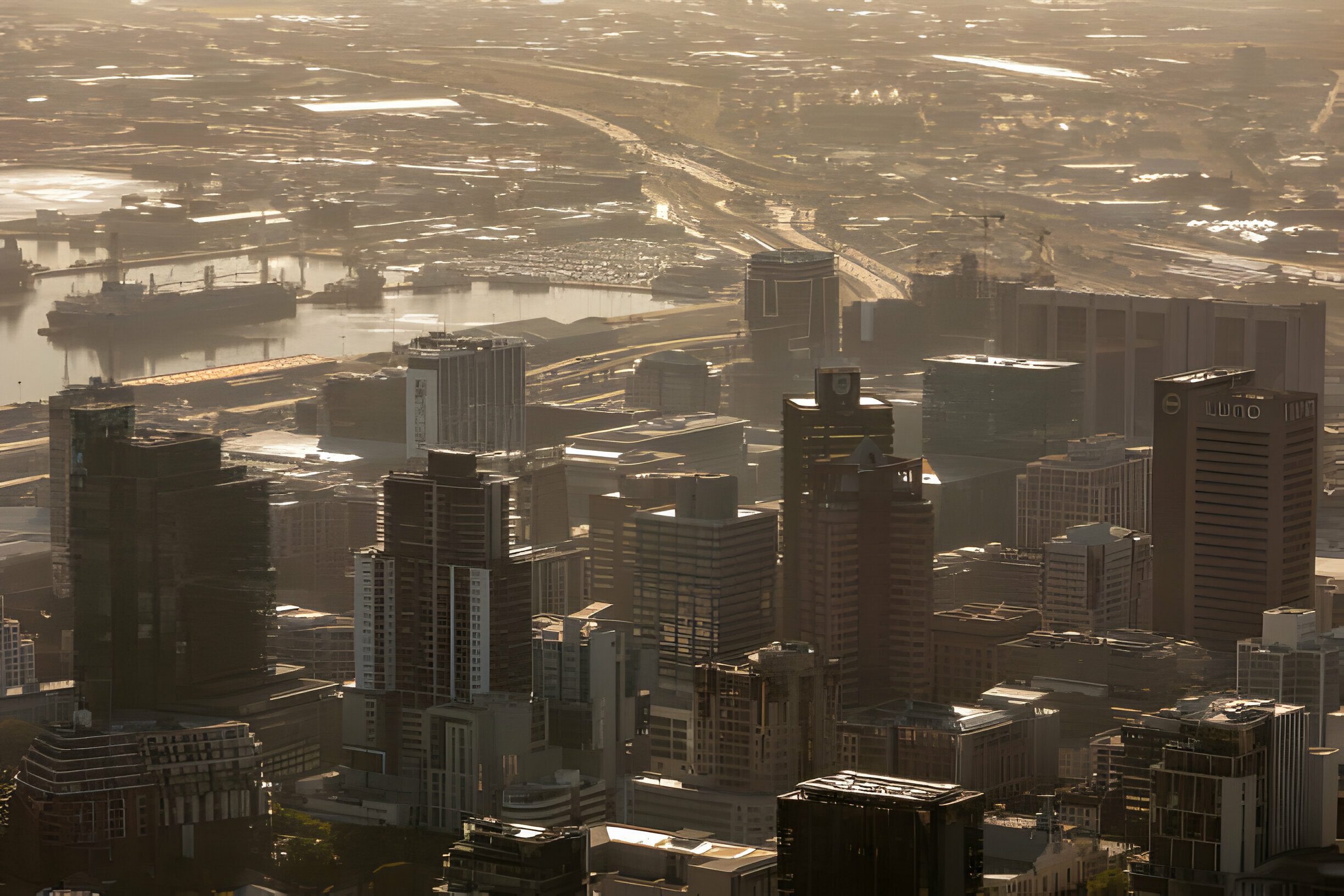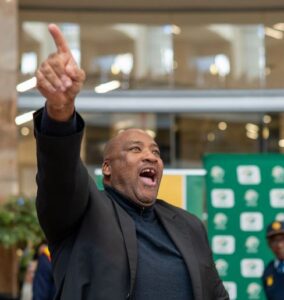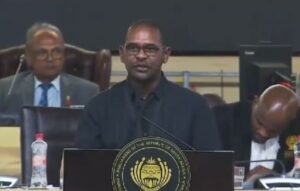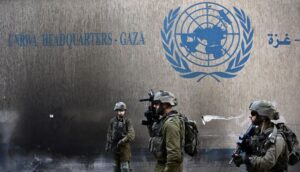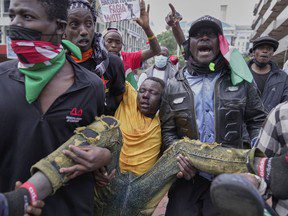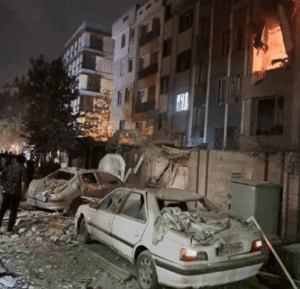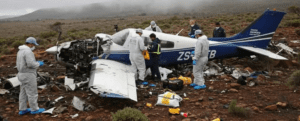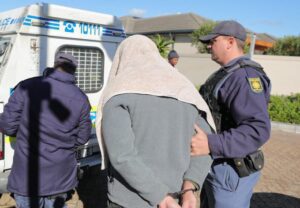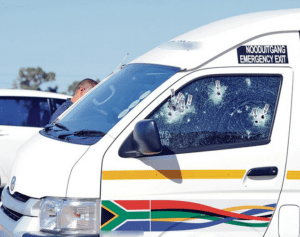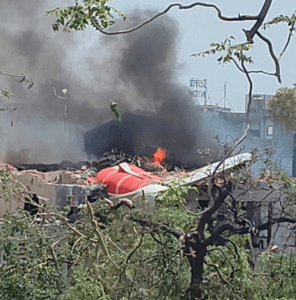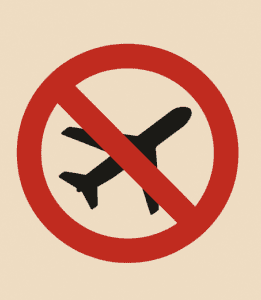Marius Fransman, a prominent figure in South African politics, recently voiced his skepticism regarding the City of Cape Town’s decision to allocate R400,000 in sponsorship for a Palestinian national football team. Labeling the move as ‘a gimmick’, Fransman’s comments have ignited a debate on the motivations and implications of this gesture.
The City of Cape Town has declared its intention to back the South African Football Association’s (SAFA) forthcoming friendly matches against various local teams. This support extends to waiving the rental costs for two games at Athlone Stadium, slated for the 11th and 18th of February, alongside an R400,000 contribution towards event services such as traffic management and waste removal, aimed at facilitating a successful event.
Fransman, who has recently founded a new political outfit, the People’s Movement for Change (PMC), and distanced it from any affiliations with former President Jacob Zuma’s uMkhonto weSizwe (MK) party, has been a vocal critic of the City’s actions beyond this event. His disapproval was further evidenced by his condemnation of the City’s decision to paint over a Palestinian flag mural in Lavender Hill. Moreover, he has expressed dissatisfaction with the Western Cape government’s lack of support for the national government’s stance on alleged genocide by Israel, accusing DA-led structures of suppressing dialogue on the Middle East crisis.
“If the municipality gives a donation to any, whether it’s the minstrels or any local rugby club, they in any case give close to a R400,000 donation, so it’s a gimmick, a gimmick under the blood, the tears, and the murder of innocent people in Gaza,” Fransman argued, questioning the sincerity and significance of the City’s contribution in the broader context of Palestinian support.
Fransman’s critique raises questions about the role of municipal and governmental support in international conflicts and the significance of such gestures against the backdrop of global humanitarian issues. With his history as a former ANC chairperson in the Western Cape, his perspectives add a layer of political intrigue to the discussion, inviting a closer examination of the motives and impacts of such donations.
As the City of Cape Town moves forward with its sponsorship, the community and observers alike are prompted to consider the balance between showing solidarity through sport and the broader political statements such actions may entail.

